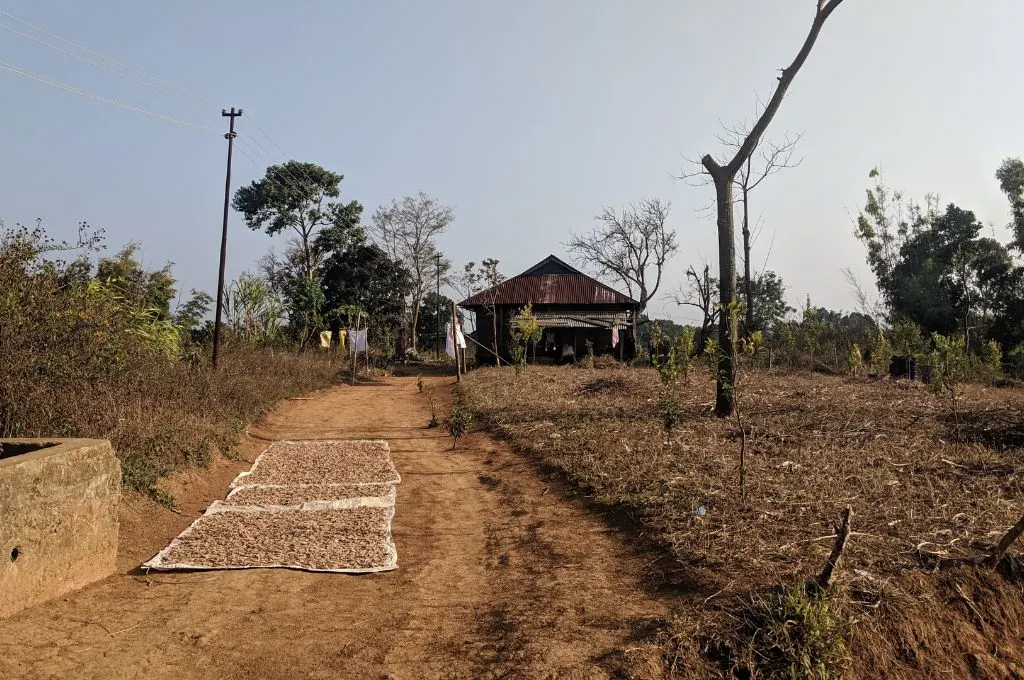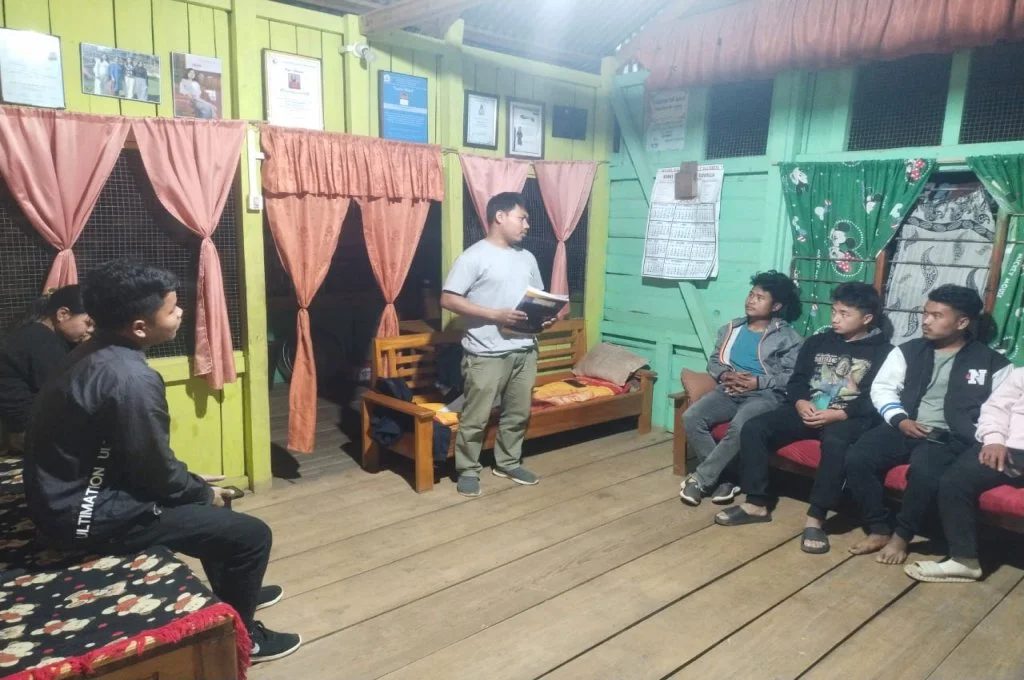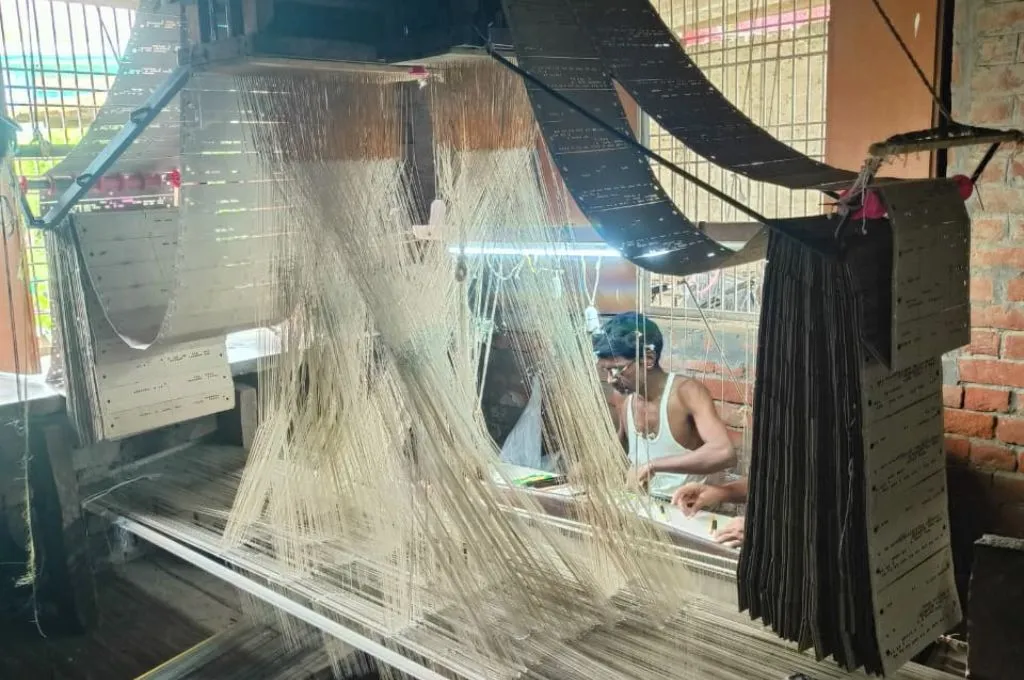READ THIS ARTICLE IN
A rough ride: Poor sanitation access at Maharashtra’s bus depots
Maharashtra State Road Transport Corporation (MSRTC) buses are a lifeline for many passengers travelling within the state. Despite this, many bus depots in Maharashtra do not have toilets on their premises. Where toilets can be found, they are in abysmal condition. We learned of this when we audited access to toilets at 18 MSRTC bus depots in Thane, Mumbai (City and Suburban), and Panvel districts.
The audit was conducted by 28 fellows from the Guts Fellowship, coordinated by Anubhuti. The fellows include young people and women from nomadic and denotified tribes (NT-DNT) as well as Dalit and Bahujan communities. One of the fellows told us, “At one bus depot, the walls of the toilet were so low that anyone could easily climb over them and enter. Due to this, women feel unsafe when they are using the toilet. There are no lights inside either, making it unusable and unsafe at night.”
“We felt scared to enter the toilet in a bus depot in Thane district. It was in total ruins. At least 2,500 people use that depot daily. There are no other facilities nearby so there’s no alternative available. When the bus reaches the next depot, the condition of the toilet is similar or even worse. This is a matter of concern,” mentioned another fellow.

Speaking of another bus depot located in Thane district, from where a large rural and Adivasi population commutes, a female passenger said, “The toilet that is supposed to be inside the depot is actually in the bushes, where men are known to do drugs. Many young women, including Adivasis, who travel through the depot find the toilet unsafe. We are therefore forced to go in the open, which is very dangerous and undignified.”
An attendant in a depot in Bhiwandi, Thane, said that they had targeted in an acid attack because they had taken a stand against the harassment and exploitation of women and trans persons in the toilet complex.
Given how bus depots and the toilets on their premises are used by a large number of people—many of whom are women, children, and youth from marginalised communities—there needs to be a system and process in place to make them a safe space. Bus depots can be categorised as workplaces under the Prevention of Sexual Harassment (POSH) Act, 2013. The act broadly defines ‘workplace’ as “any place visited by the employee arising out of or during the course of employment, including transportation provided by the employer”. This includes, “any place owned by individuals or self-employed workers and engaged in production and sale of goods or providing services”.
Bus depots are filled with travellers going to work, vendors conducting business, bus drivers, conductors, toilet attendants, and several other people working in the area. However, none of the bus depots we audited displayed a board explaining the POSH Act. These boards provide information on what the act entails, the members of the internal committee—which hears and redresses grievances related to sexual harassment and needs to be set up by the employer—as well as the consequences of sexual harassment. None of the passengers or workers in and around the depots were aware of this.
If implemented properly at bus depots, the POSH Act can provide much needed relief to NT-DNT and other informal worker and migrant populations, as it brings in a structure of monitoring and grievance redressal for sexual harassment.

Deepa Pawar is an NT-DNT activist and the founder of Anubhuti, an anti-caste, intersectional feminist organisation.
—
Know more: Learn more about the missing sanitation access for NT-DNT population.
Do more: Connect with the author at deepa@anubhutitrust.org to learn more about and support her work.




